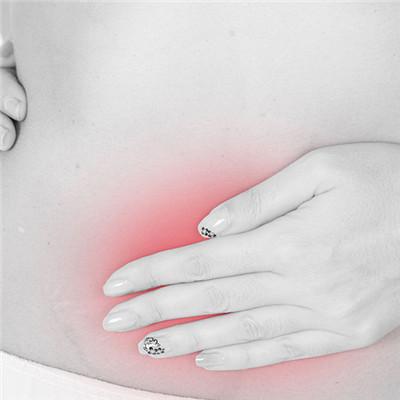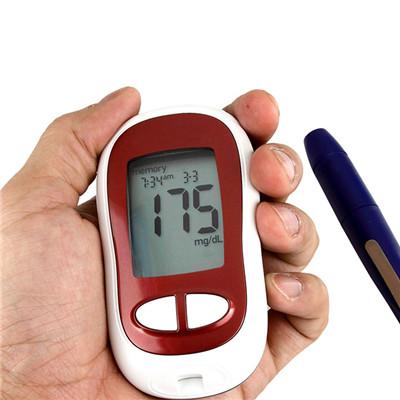What symptom is vulvitis?
summary
Vulvitis is a common disease. It usually occurs in young and middle-aged women. Of course, the incidence rate of this disease is relatively high, which is also related to the anatomical factors of women. Because the female urethra is relatively short, prone to infection. It's an inflammatory disease. At present, the incidence rate of the disease is increasing due to various reasons, and the patients of this disease are younger. Therefore, it is very important to actively prevent this disease. Can reduce the incidence of this disease. What symptom is vulvitis? Let's talk about it.
What symptom is vulvitis?
The clinical symptoms are pruritus, burning sensation and urination pain (complicated with urethritis). Many women complain of pain in sexual intercourse, frequent redness and edema around vulva, and various changes in epidermis: superficial blisters and papules may occur in groups; the skin may be swollen, and the skin may be swollen; It can also form eczema like erosion, which is confined to the vulva or extends to the perineum, around the anus and thigh reproductive folds, and even to the inner thigh. Its appearance is completely similar to acute or subacute eczema. The mucous membrane between the labia and near the clitoris is thickened, and the skin surface contacting each other is flushed and eroded; Individual can cause tiny white pustules, severe ulcers, pain, local lymph node inflammation.

The environment of normal vulva is acidic. If it changes before and after menstruation and is close to neutral, trichomonas will have an opportunity to grow, reproduce and cause inflammation. The incubation period was 4-28 days, mainly manifested as increased vaginal secretions and pruritus of vulva, occasionally with burning, sexual pain, etc. Typical leucorrhea is thin, purulent, yellowish green, foamy and smelly. Trichomonas can also invade urethra, paraurethral gland, even bladder and renal pelvis, but will not rise beyond the cervix. In addition to sexual contact, trichomonas can be transmitted by wet materials, such as bath towel, tool gloves, swimsuit or underwear, toilet cushion and toilet water.

Only when the physiological environment is destroyed, it will cause infection in the urogenital tract. More than 60% of candidiasis is due to internal causes, such as diabetes, pregnancy, use of antibiotics, adrenocortical hormone, immunosuppressant and trichomonad, frequent or severe sexual intercourse after long-term abstinence, etc; 10% through indirect contact. Inflammation often appears before menstruation, which is characterized by restless itching. Typical leucorrhea is thick bean dregs or curd. Candidiasis is easy to relapse, which is related to the retention of pathogens and the decrease of local resistance.

matters needing attention
Patients with vulvitis can relieve pain, redness and other discomfort by hip bath with some drugs. And patients should also pay attention to diet during treatment. Can not eat spicy food and affect the patient's absorption of nutrients.














